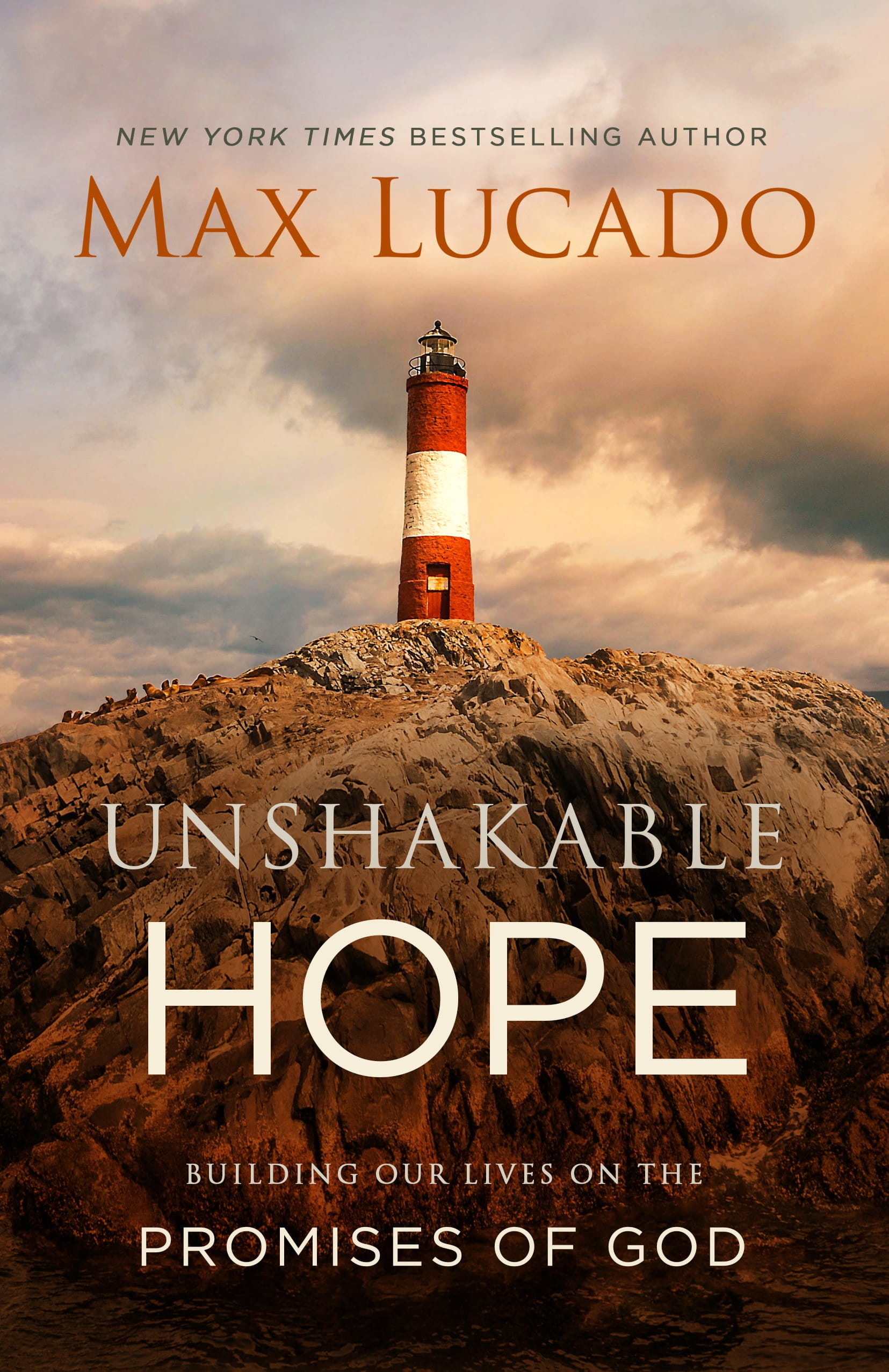
When I was around twelve years old, I tagged along with my father as he went to buy new tires for the family car. Dad was from a small town and simpler times. He was unadorned of fancy dress or wealth. He was a reliable oil field mechanic who loved his family, paid his bills, and kept his word. He was insulted by those who doubted his integrity. He was certainly insulted that day in the tire shop.
He selected the tires, and we waited as they were being mounted. When it came time to pay the bill, I stood by Dad’s side at the counter as he wrote the check. The salesclerk looked at the check and then requested that my father produce some identification. Such a practice is common and unquestioned today, but in the 1960s a merchant seldom asked for verification.
Dad was taken aback.
“You don’t believe I am who that check says I am?”
The clerk was embarrassed. “We require this of all customers.”
“Do you think I am dishonest?”
“It’s not that, sir.”
“If you don’t think I am good for my word, you can remove those tires.”
I remember a long moment of awkward silence as the clerk weighed his options.
We went home with the tires. And I went home with a lesson on integrity- Good people are serious about keeping their word. How much more serious would a good God be? What was said about God’s faithfulness to Israel can be said about his faithfulness to us. “Not one of all the Lord’s good promises to Israel failed; every one was fulfilled” (Josh. 21:45).
From the first chapter of Scripture, the Bible makes a case for the dependability of God. Nine times the text reiterates “God said.” And without exception when God spoke, something happened. Something wonderful happened. By divine fiat there was light, land, beaches, and creatures. God consulted no advisers. He needed no assistance. He spoke, and it happened. The reader is left with one conclusion: God’s word is sure.
One student of Scripture spent a year and a half attempting to tally the number of promises God has made to humanity. He came up with 7,487 promises! Some of the promises are positive, the assurance of blessings. Some are negative, the guarantee of consequences. The bottom line is this- God is not just a promise maker. He is a promise keeper. The question is will we build our lives upon them?
The heroes in the Bible came from all walks of life: rulers, servants, teachers, doctors. They were male, female, single, and married. Yet one common denominator united them: they built their lives on the promises of God. Each of their stories were different, but the theme was the same: God’s promises were polestars in their pilgrimages of faith.
“By faith Noah, when warned about things not yet seen, in holy fear built an ark to save his family...
By faith Abraham, when called to go to a place he would later receive as his inheritance, obeyed and went, even though he did not know where he was going… And by faith even Sarah, who was past childbearing age, was enabled to bear children because she considered him faithful who had made the promise…
By faith Abraham, when God tested him, offered Isaac as a sacrifice. He who had embraced the promises was about to sacrifice his one and only son” (Heb. 11:7–17).
Because of God’s promises, Joshua led two million people into enemy territory. Because of God’s promises, David conked a giant, Peter rose from the ashes of regret, and Paul found a grace worth dying for.
One writer went so far as to call such saints “heirs of the promise” (Heb. 6:17 nasb). It is as if the promise was the family fortune, and they were smart enough to attend the reading of the will.
Just as Abraham depended on God’s promises while wandering in a foreign land, we must cling to his promises while navigating a modern cultural landscape that is pocked with uncertainty and fear.
What is shaking in your world today? Could you use some unshakable hope?
If so, you are not alone. We’ve never been more educated. We are saturated with entertainment and recreation. Yet more people than ever are struggling with depression, anxiety and despair.
People are dying for lack of hope. Our modern secularism sucks the hope out of society. It reduces the world to a few decades between birth and hearse. Many people believe this world is as good as it gets, and let’s face it. It’s not that good.
But People of the Promise have an advantage. They filter life through the promises of God. When problems surface they determine to ponder, proclaim, and pray the promises of God. They are like Abraham who “didn’t tiptoe around God’s promise asking cautiously skeptical questions. He plunged into the promise and came up strong” (Rom. 4:20 msg).
After forty years of ministry, I’ve discovered that nothing lifts the weary soul like the God’s promises. We desperately need them. We do not need more opinions or hunches; we need the definitive declarations of our mighty and loving God.
Picture God’s words falling like rain from heaven on you. Imagine these promises as gentle spring showers. Receive them. Allow them to land on you, to soak you. I’m trusting that God’s words will prosper in your life. Will you join me in believing this promise?

For every pre-ordered copy of Max Lucado’s forthcoming book, Unshakable Hope: Building Our Lives on the Promises of God, Thomas Nelson will donate a special paperback edition to two specially-chosen international ministries. Each pre-order purchase of Unshakable Hope can be registered at www.UnshakableHopeBook.com through August 5.
Follow his website at MaxLucado.com
Facebook.com/MaxLucado
Instagram.com/MaxLucado
Twitter.com/MaxLucado
Photo Courtesy: Thinkstock








